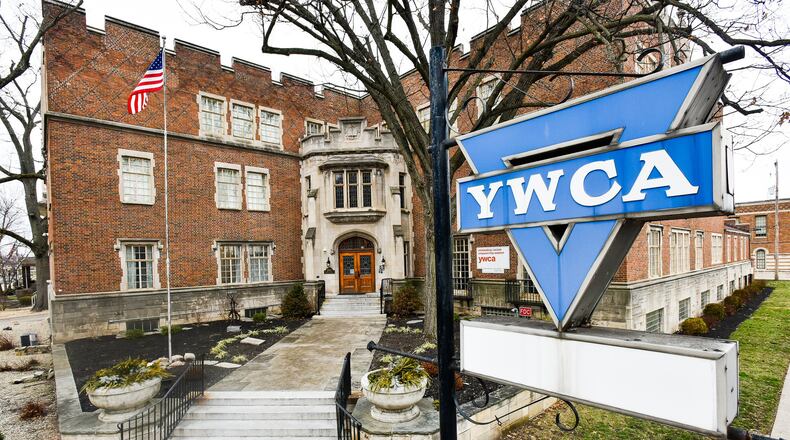Wendy Waters-Connell, executive director of the YWCA, told the commissioners Monday the plan is to build 45 efficiency apartments and space for supportive services. Some of the supportive services include case management, support groups, individual counseling and psychiatry to tackle problems like addiction and mental illness; transportation; employment and job skills training to name a few.
The YWCA has a number of funding sources for construction and a “comfort letter” from the commissioners is required for a $9.2 million Low Income Housing Tax Credit grant application. The letter does not obligate the county financially.
“What we’re looking for from the commissioners and the development department is a comfort letter because the application is due on Friday and one of the components is an understanding that there is support from local municipalities for this particular development project,” she said.
RELATED: Butler County wants to bolster affordable housing stock with funding requests
Commissioner Cindy Carpenter said she learned the county has about $500,000 in unused federal HOME funds so she is prepared to support the development financially. She said this project will fill a void.
“Here’s what is really great about it, is finding the permanent supportive housing,” Carpenter said. “It is not working just to put people with severe mental illness and addiction in a house and say go get a job, good luck to you. With this supportive housing we can use all the services that this board of commissioners and our Job and Family Services have put together.”
Commissioner Don Dixon said he supports the project, but he is concerned about the location the YWCA has chosen because it is landlocked with no room for expansion and isn’t centrally located to serve the entire county. He said he needs more information about the project before committing funds.
“If the county decides there is a master plan and it is something that benefits the overall community it can be funded a number of ways from our side,” Dixon said, noting that HOME funds do not have to be used for this project.
Citing proposals for an emergency mental health crisis drop off center proposed for the Transitional Living site near the Board of Elections campus and a 120-bed rehab center recently denied by Fairfield Twp., Dixon said there are so many needs in the county a master plan is required and perhaps the YWCA plans can be modified to address the bigger picture.
“If we’re going to be involved in it, which we’re not opposed to, if it takes a little more money to get a bigger site I think the county would be more than willing to look at picking that part up,” Dixon said.
Commissioner T.C. Rogers said the YWCA provides a crucial service to the community but he also needs more information before he can endorse funding.
Waters-Connell said there were four locations they considered in Hamilton and the Grand Boulevard site was “the best location for our services and the clients that we’re choosing to serve in the future.” If the commissioners do not provide the $400,000 she told the Journal-News the development would be jeopardized.
“We would be in a very difficult position,” she said. “We’re counting on support from our local county as well as the city, as well as other sources of subsidies like Housing Authority and the mental health board to support this program. We need all of them for it to work.”
The commissioners received requests for $5.1 million in Department of Housing and Urban Development (HUD) funding for 39 projects to benefit low- and moderate-income residents. The bulk of those, totaling $2.9 million, were applications for Community Development Block Grant funding, and the rest came in HOME Investment Partnerships Program requests.
The YWCA project was not recommended by the committee that vets projects because information was scant when the applications were due last year. The commissioners will approve the federal grant projects at the end of this month.
About the Author
